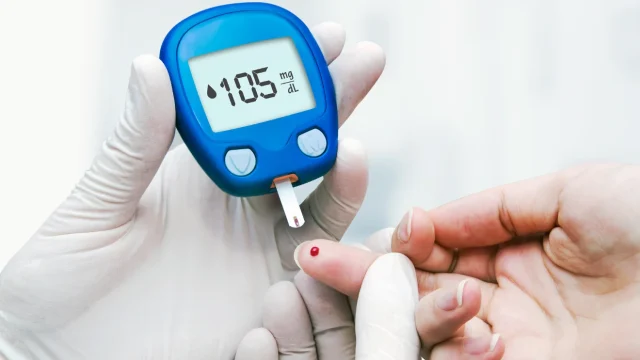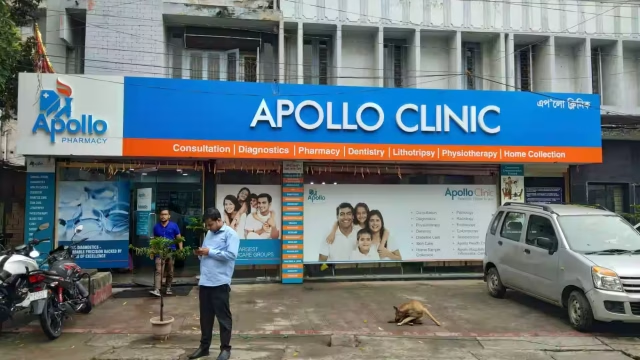
If you and your partner have been trying to conceive without success, you’re not alone—and you’re not without options. At Apollo Clinic Ulubari, Guwahati, our fertility team offers comprehensive, compassionate care that starts with the right diagnosis and a treatment plan tailored to your goals, timeline, and comfort. From basic work-ups to advanced procedures, we’re with you at every step.
When should you see a fertility specialist?
In general, consult a specialist if you’ve tried to conceive for 12 months (or 6 months if you’re 35+). Seek help earlier if you have irregular periods, known endometriosis, prior pelvic infections or surgery, very painful periods, recurrent pregnancy loss, or concerns about sperm health.
What happens at the first visit?
Your first consultation focuses on understanding your history and mapping a plan. We review cycle patterns, lifestyle, prior reports, medications, and symptoms. Expect a discussion around nutrition, weight, stress, and sleep—because small changes often improve outcomes. Where needed, we guide you on supplements and timing intercourse to the fertile window.
Key fertility tests (for both partners)
- Hormonal profile: AMH, FSH/LH, thyroid, prolactin—insights into ovarian reserve and cycle balance
- Pelvic ultrasound: to assess ovaries, follicles, and uterine lining
- Semen analysis: count, motility, morphology—crucial for male factor evaluation
- Tubal patency tests: HSG/HyCoSy to check if fallopian tubes are open
- Advanced imaging: 3D ultrasound or hysteroscopy if structural issues are suspected
Treatment options we offer
We follow a step-up approach—start simple, escalate only if needed.
- Ovulation tracking & lifestyle optimisation – timed intercourse, cycle charting, weight management, and evidence-based supplements.
- Ovulation induction (OI) – mild medicines to help release an egg in women with irregular ovulation.
- Intrauterine Insemination (IUI) – processed sperm is placed inside the uterus around ovulation; helpful in mild male factor, cervical factors, or unexplained infertility.
- IVF/ICSI guidance & coordination – for tubal blockage, severe male factor, low reserve, or repeated IUI failures; we counsel you thoroughly and coordinate your pathway.
- Corrective procedures – polyp/fibroid removal, treatment for thin lining or endometrial inflammation, and management of endometriosis to improve implantation chances.
Male fertility matters, too
About 40–50% of infertility involves male factors. Lifestyle (tobacco, heat exposure, sleep), infections, varicocele, or metabolic issues can affect sperm quality. Early evaluation saves time and helps choose the most effective plan.
Why choose Apollo Clinic Ulubari, Guwahati?
- End-to-end care: from first consult and testing to treatment and follow-up
- Ethical, personalized guidance: clear explanations and transparent choices
- Integrated services: ultrasound, lab tests, specialist referrals, and counselling under one roof
- Comfort & privacy: sensitive handling of a deeply personal journey
call 9085612000. We’re here to guide you with empathy—and science.
Explore more: Lab tests & hormonal profile · Contact Apollo Clinic Ulubari
FAQs
How long should we try before seeking help?
If you’re under 35, try for 12 months; if 35 or older, try for 6 months. Seek earlier care if you have irregular periods, pelvic pain, or known reproductive issues.
Is IVF the only solution for infertility?
No. Many couples conceive with lifestyle changes, ovulation induction, or IUI. IVF/ICSI is recommended only when clearly indicated.
What is the success rate?
Success varies by age, diagnosis, ovarian reserve, and treatment type. Your specialist will discuss realistic expectations for your case.
Do male factors really matter?
Yes—male factors contribute to a large share of infertility. A semen analysis is simple and essential.
How much does treatment cost?
Costs depend on the tests and procedures chosen. We provide transparent estimates after your evaluation.
Can lifestyle changes improve fertility?
Often, yes. Healthy weight, balanced diet, adequate sleep, stress control, and avoiding tobacco/alcohol can improve outcomes.











